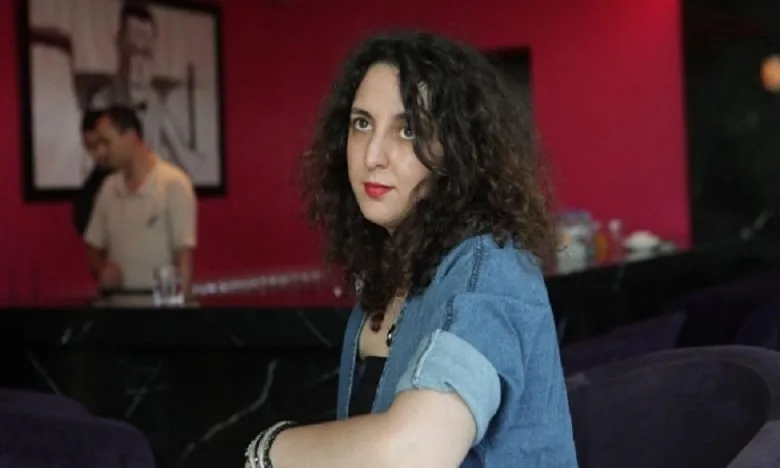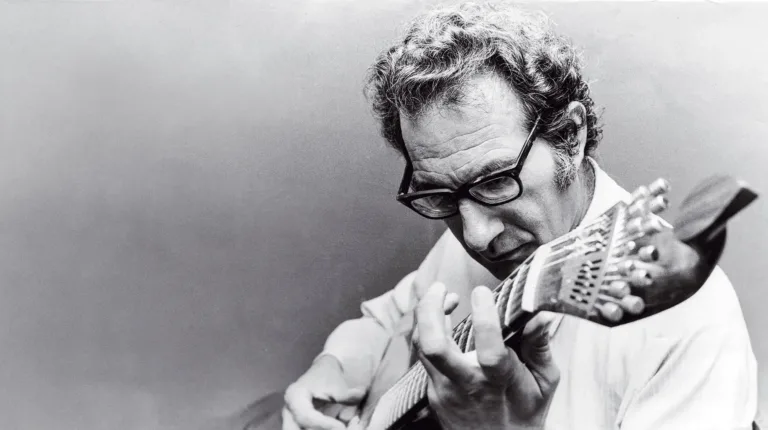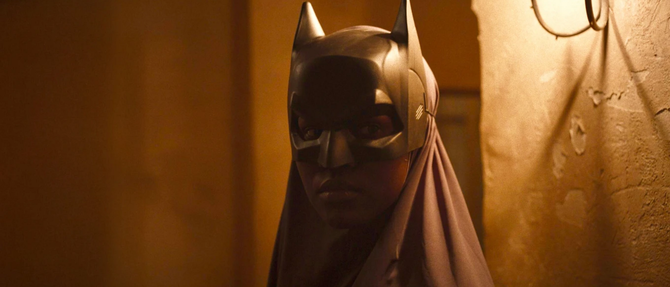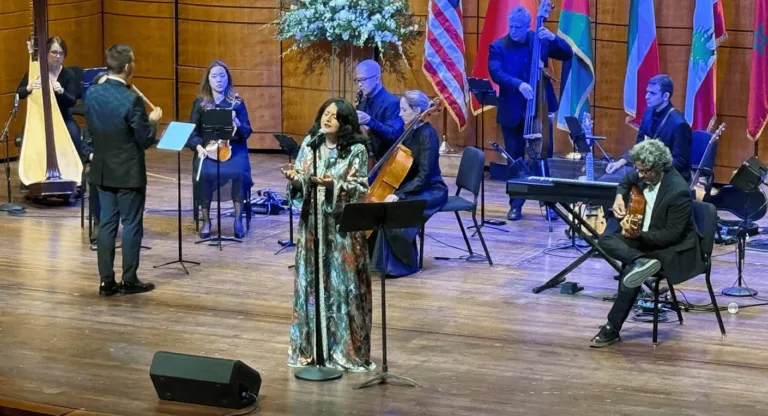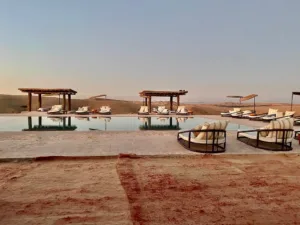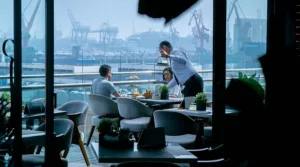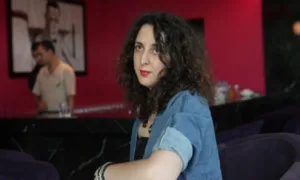Fez — Festival organizers confirmed the film’s inclusion among a slate of international productions vying for jury honors, giving audiences and critics an early look at a recent Moroccan work grounded in real social questions. For Al-Tarab, the selection offers a first major showcase and a chance to test her cinematic language with a European audience.
Set on the outskirts of Skhirat, “Gardens of Heaven” follows Naima, a divorced mother, and her 11-year-old son Ahmed as they navigate a state resettlement program that forces the boy to change schools. The transfer requires the written consent of Ahmed’s long-absent father, turning a routine administrative step into a high-stakes obstacle. Naima’s search for a solution becomes the spine of the film, pushing her into unfamiliar legal and personal terrain as she fights to protect her child’s future.
The short blends a realist approach with psychological nuance, staying close to its characters while revealing the frictions between bureaucracy and daily life. Through modest, precise scenes, Al-Tarab uses a family story to probe larger issues—guardianship, schooling, and the pressures on single-parent households—without losing the human scale that anchors the drama.
Backed by public support from the Moroccan Cinema Center (CCM), the production reflects a wider willingness among Moroccan filmmakers to engage sensitive social topics with formal restraint and emotional clarity. Recent festival lineups have opened more space for such works, and “Gardens of Heaven” aims to extend that momentum by traveling beyond national borders.
Screening in Belgium’s francophone circuit also underscores Morocco’s role in regional cultural dialogue. The film’s setting, characters, and legal hurdles are specific, yet the questions it raises about access to education, parental responsibility, and administrative gatekeeping resonate widely across the francophone world.
For Moroccan cinema, the festival is both recognition and opportunity: Recognition for a generation refining its craft through shorts that move easily between the intimate and the systemic, and opportunity to connect with programmers and partners who can carry these stories to wider audiences. As “Gardens of Heaven” meets its first international crowd, its success will be measured not only in prizes, but in the conversations it sparks about the small decisions that shape a child’s path.

